5 Reasons Why You Should Include Native Plants In Your Garden
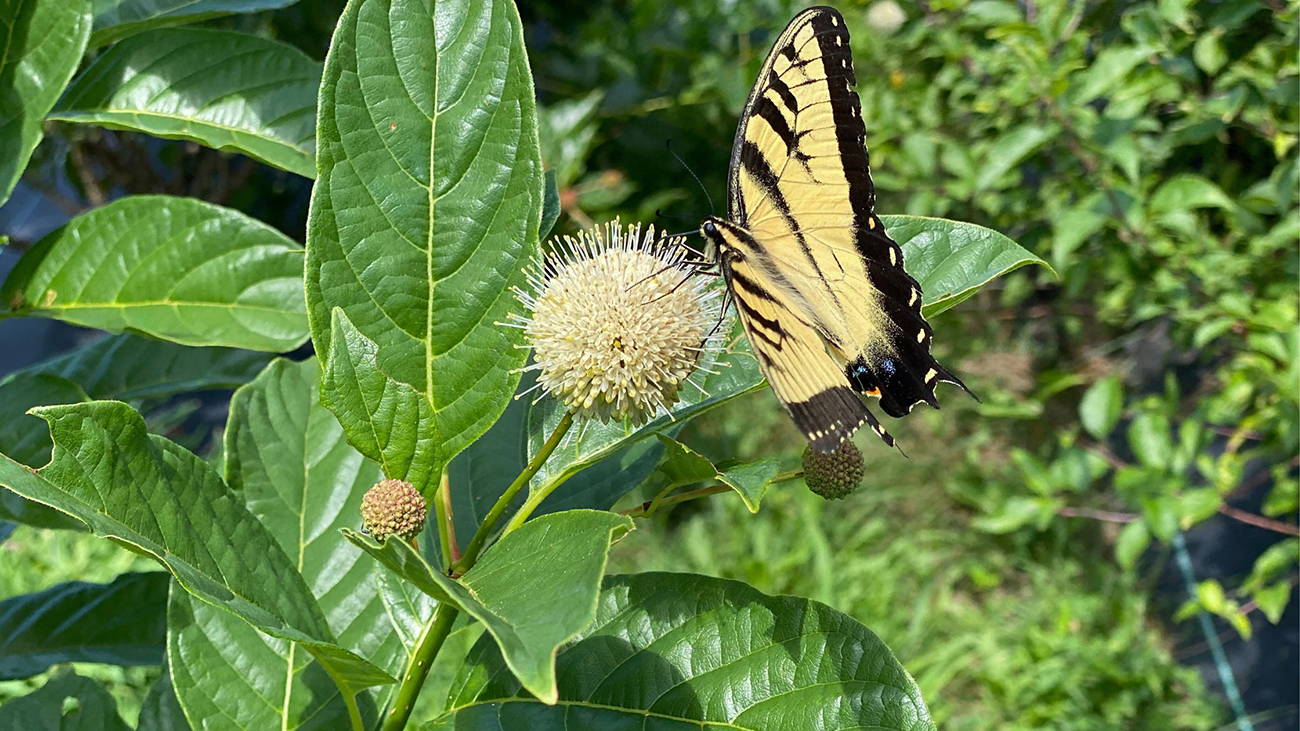
Aside from adding beauty to the garden, native plants have direct biological and environmental impacts that play a crucial role in supporting a healthy ecosystem. From removing carbon emissions to providing essential food sources, native plants improve air quality and promote local wildlife, all while looking good in the process. Here, we'll dig into five reasons you should consider native plants in your garden or landscape.
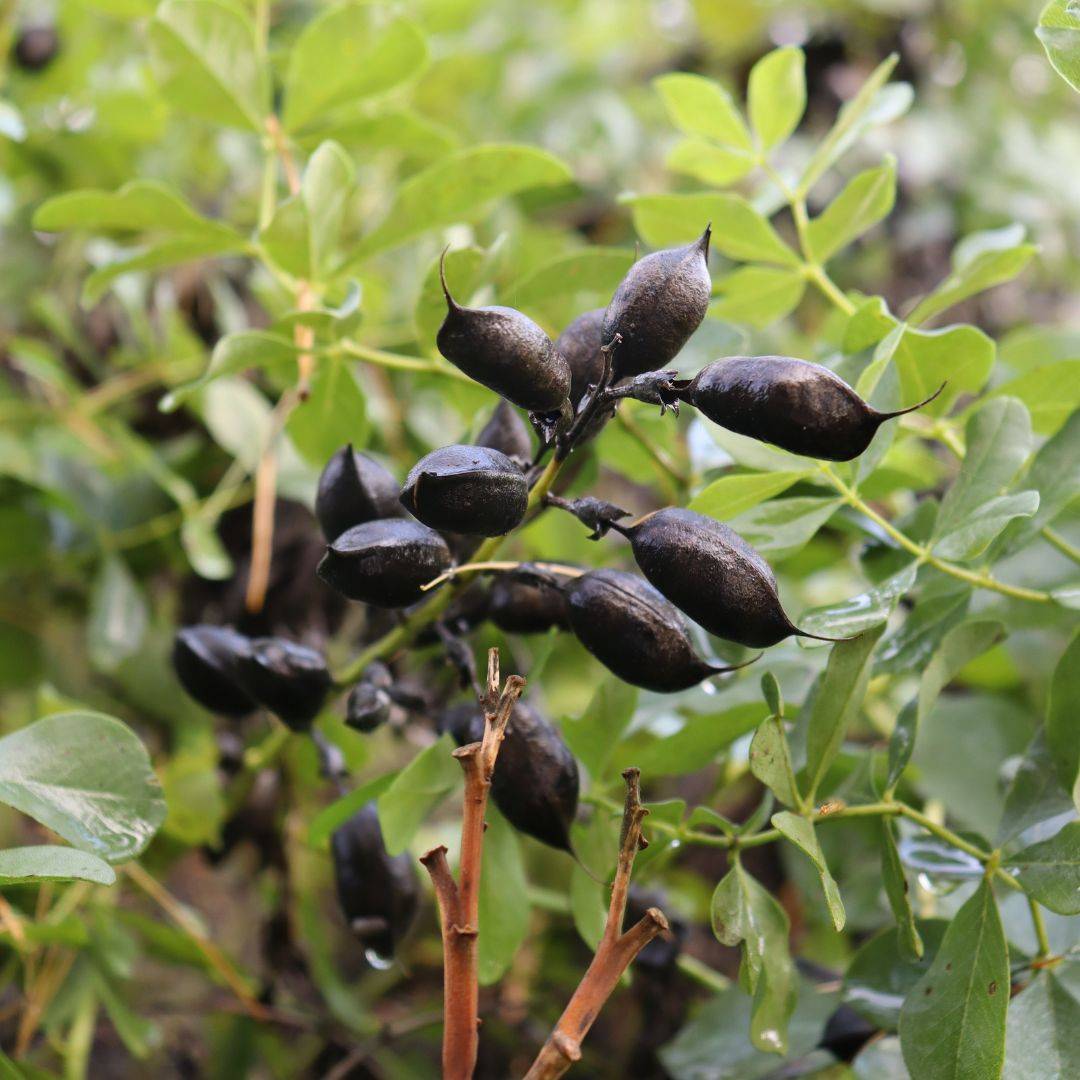
#1. Provides Food For Pollinators
Native plants are an essential food source for pollinators and insects, providing pollen, nectar, and seeds. These important species feed on this food source, with some insects having co-evolved with the plant and solely relying on it to survive. While non-native species also offer food to pollinators, some studies say that pollinators prefer native plant species. Research shows that native plants are four times more attractive to pollinators than non-natives because pollinators and plants have evolved alongside each other for many years, creating a mutually beneficial relationship in the ecosystem. Planting native species will supply pollinators with the nutrition they need to thrive!
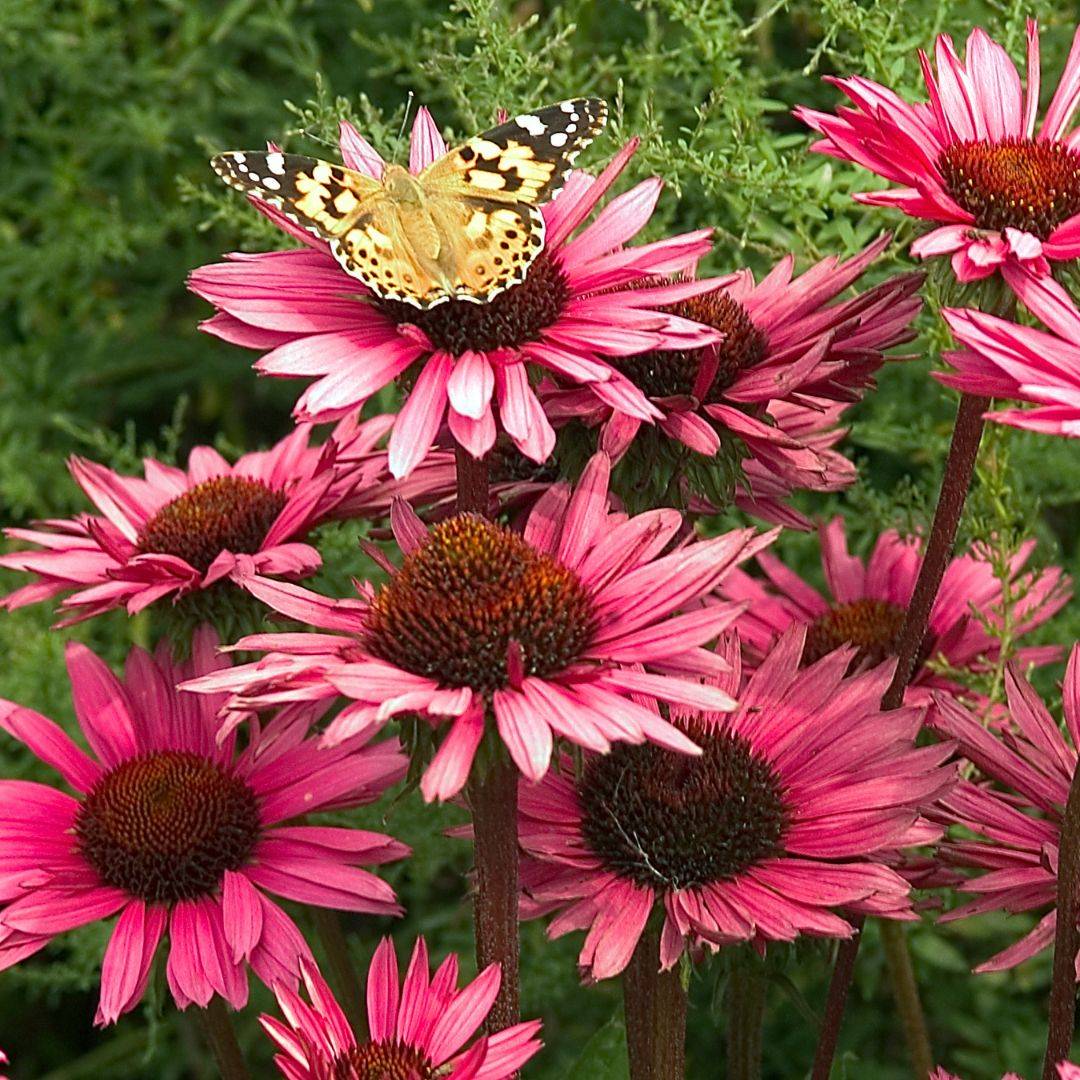
#2. Promotes Biodiversity
By cultivating native plants, you invite new species of pollinators or insects to your area and add a spectrum of colors, textures, and fragrances to your garden. Here are some of our favorites to increase the biodiversity of your landscape, all while looking fabulous in the process!
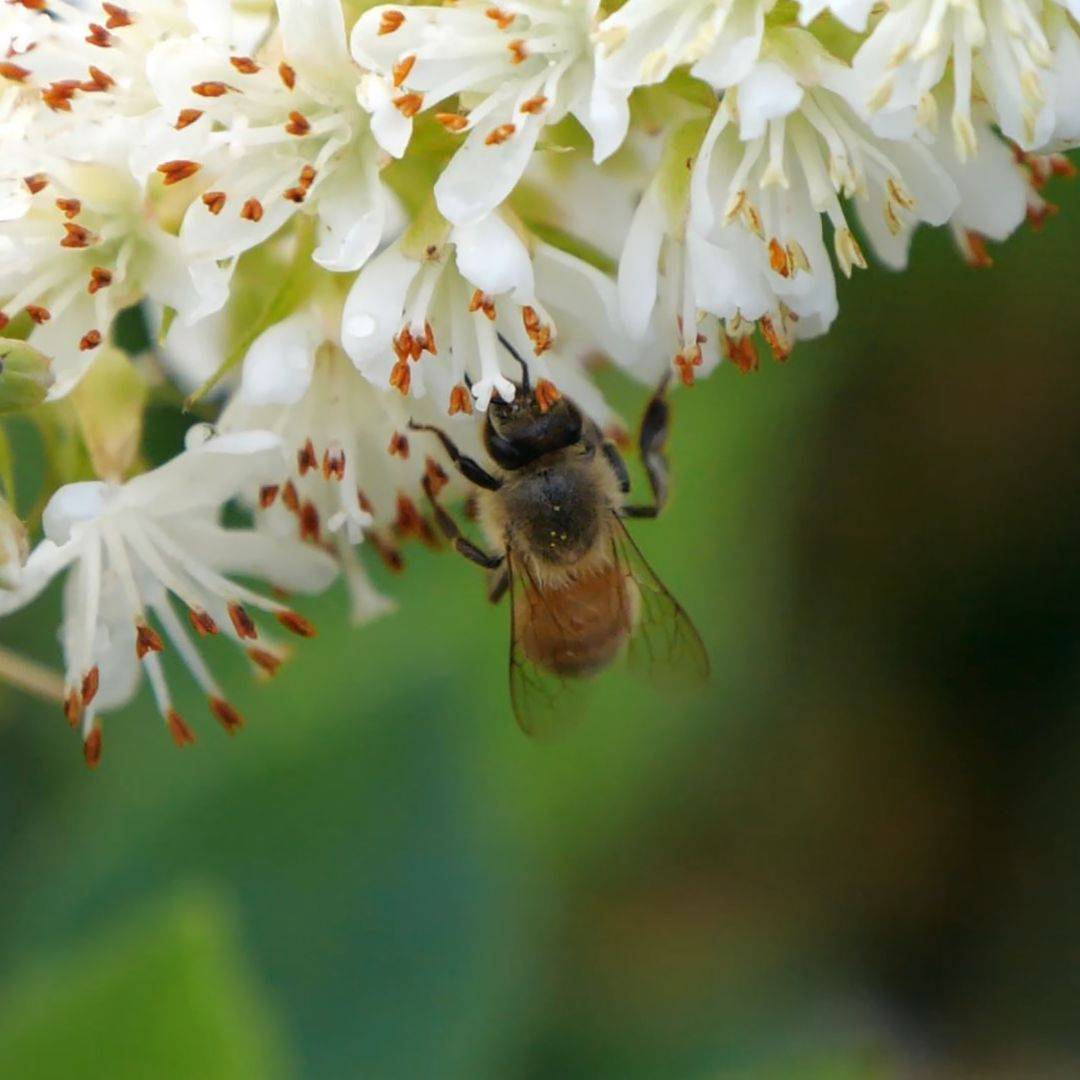
#3: Requires Less Water & Prevents Erosion
Native plants can cut down on our water consumption. Yes! Because native plants have adapted to soil and temperature conditions in the local environment, they rely on less water supply and quickly adapt after planting. The lack of supplemental water, robust root system, and the ability of native plants to better absorb also reduces runoff and erosion in the landscape. Because native plants adapt quickly to specific regions, they are incredibly resistant to disease, thus requiring less fertilizers and pesticides. What's not to love about these powerful plants?
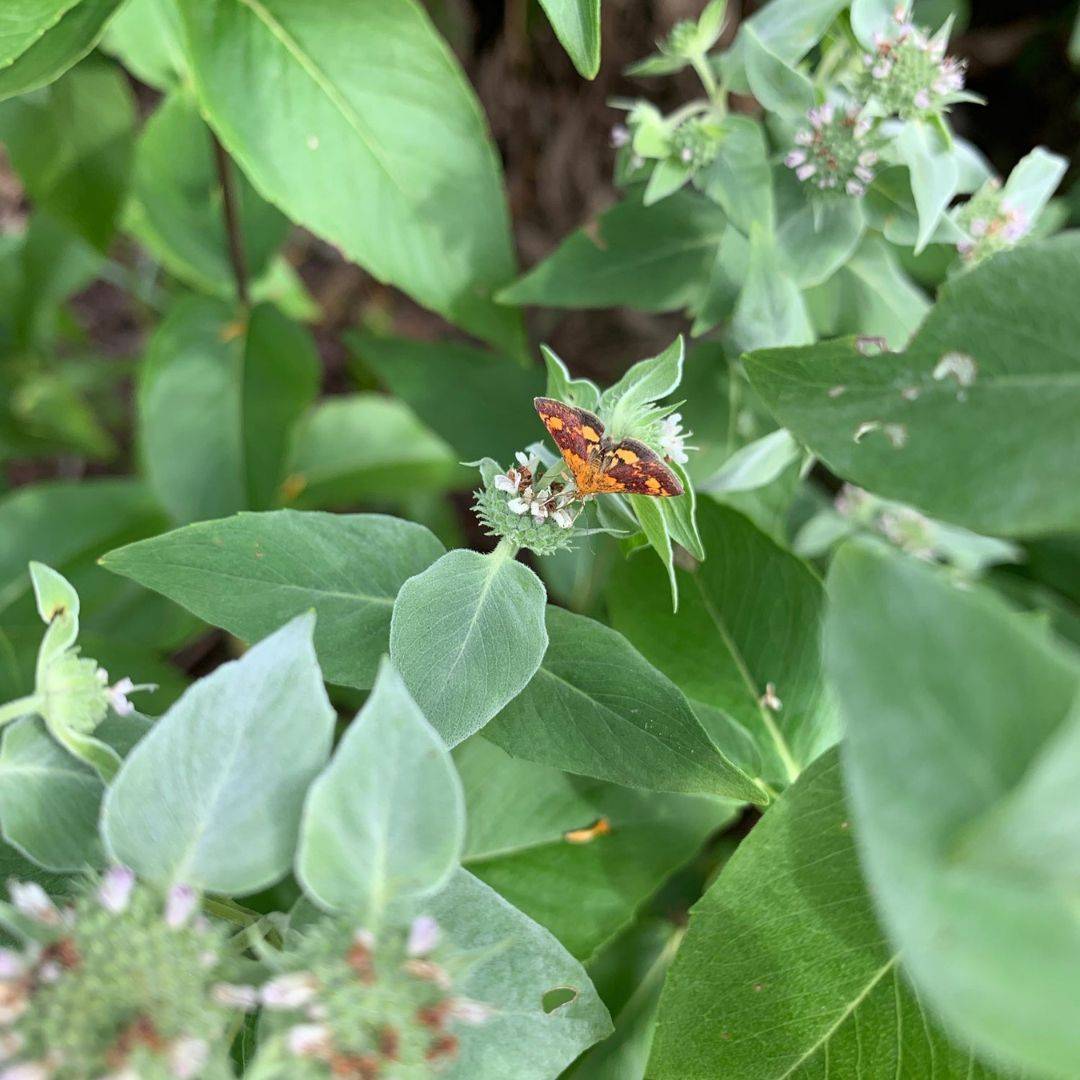
#4: Gives Shelter & Protection
With native plants co-evolving with pollinators, many have relied on them to provide shelter and protection from environmental conditions and predators, with some even evolving to blend in with their plant surroundings. Native trees, shrubs, and grasses also provide nesting sites and cover for birds and small insects while creating a barrier against predators. This shelter can also create a microclimate and either reduce or increase temperature better suited for these beneficial pollinators. Many insects often use native species to lay their larvae to hatch come spring safely.
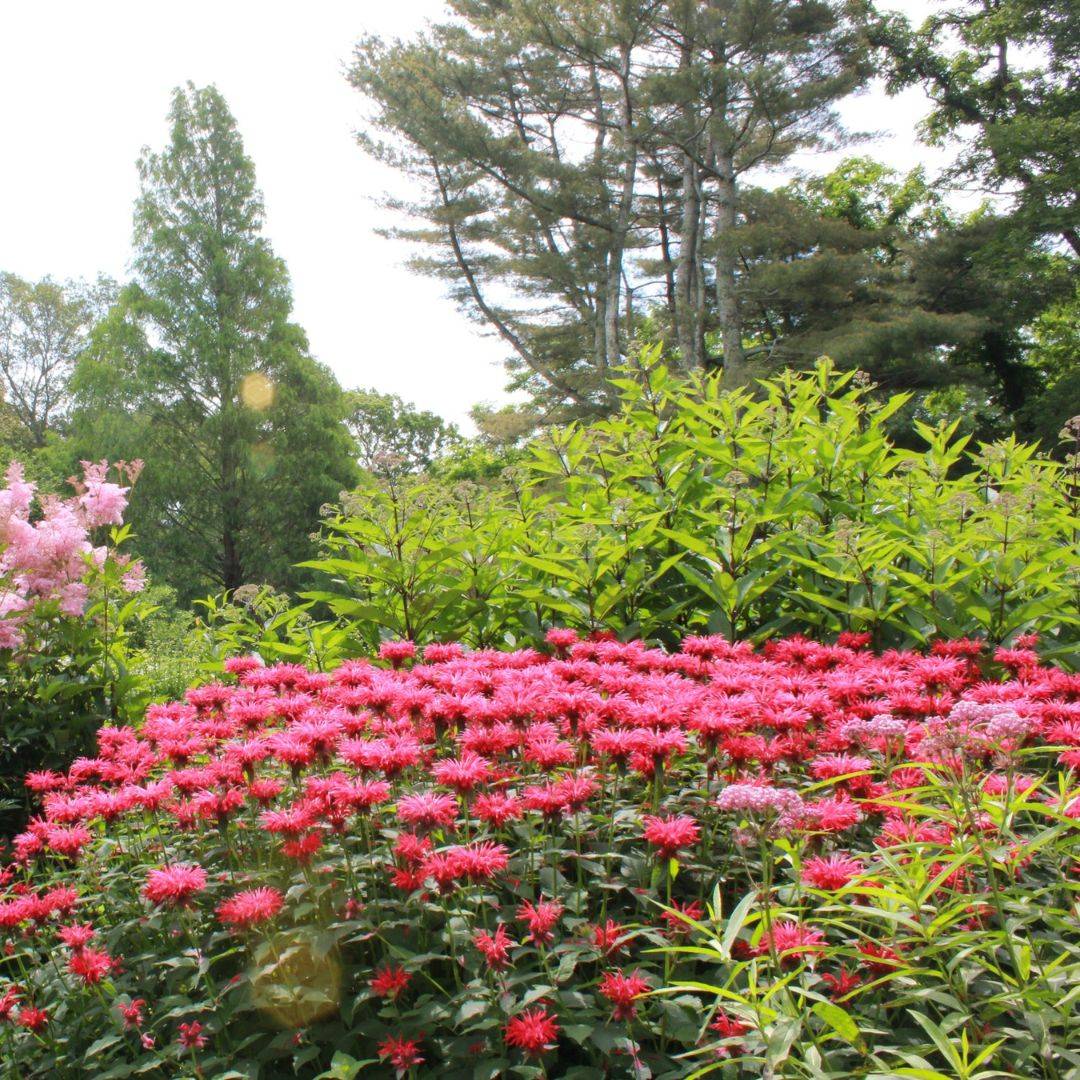
#5: Reduces Air Pollution
Another way native plants can support a healthy ecosystem is by promoting healthy air quality. Native plants remove carbon dioxide from the air and store it in their roots and soil. Because native plants have such a robust root system, they can store more carbon than non-native plants in the same area, thus filtering pollutants faster and more effectively. A recent study by Environmental Science & Technology reported by Ohio State University stated that adding native plants and trees to the landscapes near factories and other pollution sources could reduce air pollution by an average of 27 percent compared to costly added technologies.
Shop Native Plants For Sale:
If you have questions, let us know! Comment your questions below or reach out through our contact us page. We have a team of horticulturalists who are here to help!

